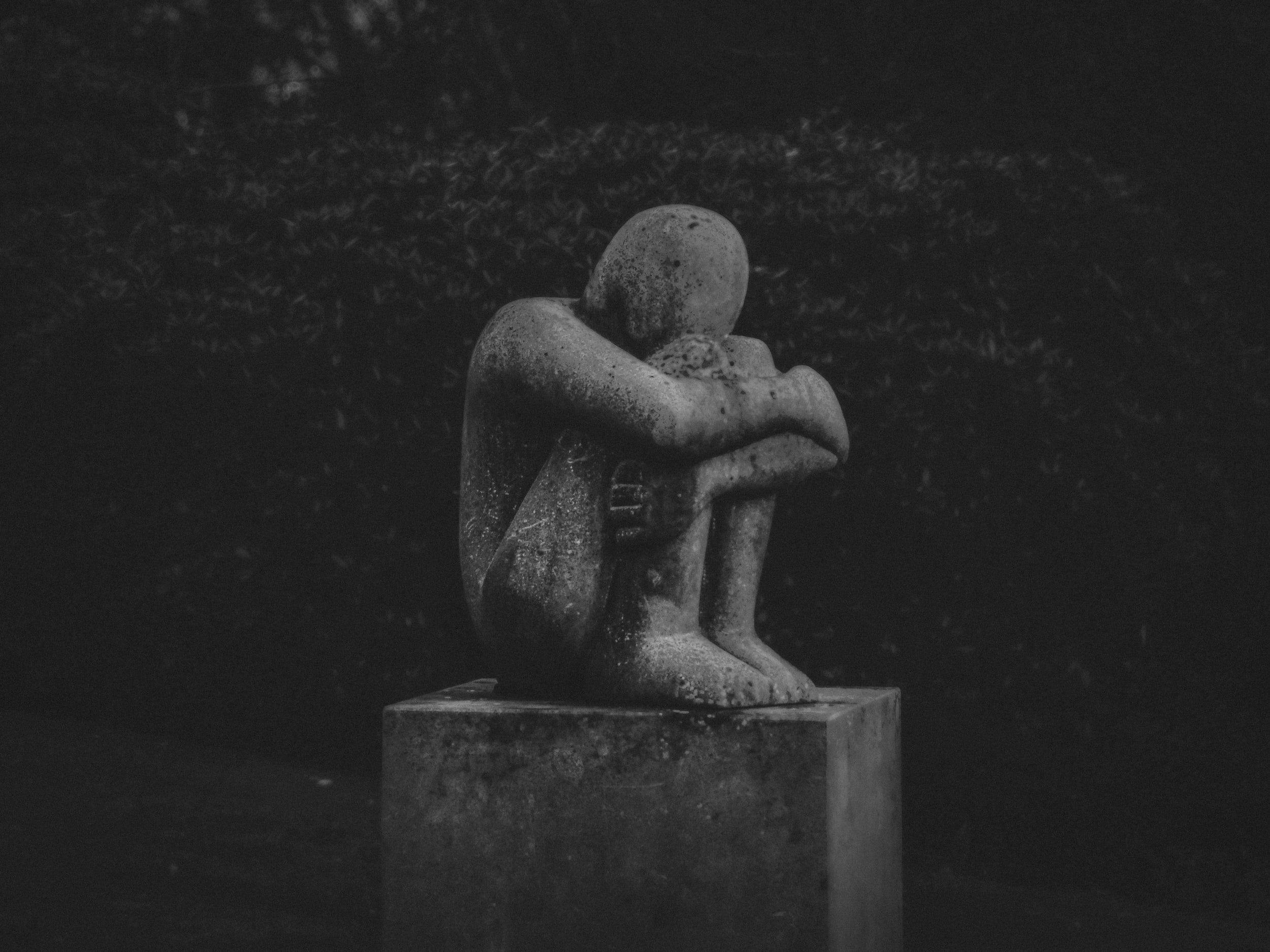Are you asking yourself, "Is there a healthy way to grieve?" or "How can I support myself during this difficult time without making it worse?" These are common and important questions when navigating the complex journey of grief. Grief, with all its raw intensity, can leave us feeling overwhelmed, lost, and uncertain about how to move forward. It’s natural to seek ways to cope that foster healing rather than deepening the pain.
Read MoreProlonged Grief Disorder (PGD) presents a unique and profound challenge, characterized by an intense, enduring longing for a deceased loved one that hinders daily functioning and peace. Unlike typical grief, PGD persists and overwhelms, affecting one's ability to engage with life fully.
Read MoreGrief is a natural and complex process that affects people in different ways. It's a normal response to loss, and it's common for individuals to experience a range of emotions, including sadness, anger, and guilt. While time is often said to be the best healer, grief can be a difficult and overwhelming experience that can last for months or even years. Click on this blog to read more.
Read MoreHere we detail the grief process, the various types of grief, how to grieve healthily, grief and the body, and Repose’s grief offerings.
Read MoreGrief is the aftermath that we have to make sense of. You may be wondering: “How could this happen to me?” “Why am I feeling both yearning and relief?” “I don’t want to wake up tomorrow anymore.” “Why don’t I feel anything?” “I should not feel this way, others lost so much more than me.” “I could have, should have, would have…” As we grapple with our loss, it can lead us to isolate ourselves from those who wish to share in our pain. After all, how can others understand that which we cannot fully fathom?
Read MoreGrief is the intense emotional response to the pain of a loss (Kubler-Ross & Kessler, 2014, p. 170). This loss could be the death of a loved one, loss of a career, loss of identity, loss of health, or even something as innocuous as the loss of routine. Change, albeit exciting, can also bring about a sense of loss, be it graduation, moving to a new city or country, changing jobs, or having a family. Nevertheless, the loss of connection can translate into grief.
Read More












